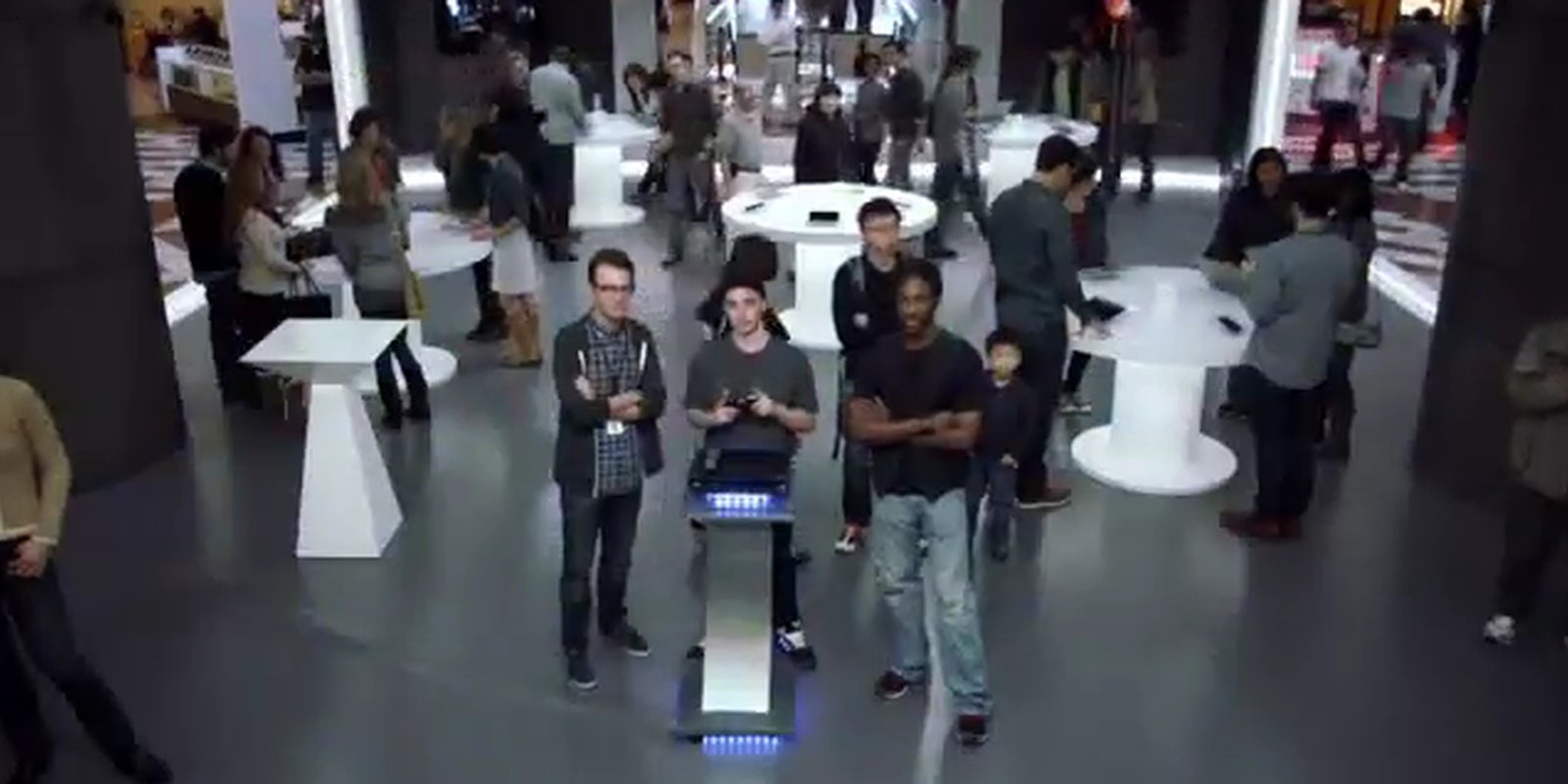“If you’re a real gamer, you need the speed of Xfinity Internet.”
Such a poor choice of words with which to open a commercial trying to sell high speed Internet for online gaming, Comcast.
One: You’ve just presumed to question the audience’s dedication to gaming. That alone is like pulling the pin on a grenade and tossing it into a shed filled with 55-gallon drums of diesel fuel. Two: You’re then presuming authority on what gamers ought or ought not to do, which means you have all of our attention so that we can enjoy when that metaphorical shed explodes in an epic fireball, at which we will point and laugh.
This may sound petty, but the more video games stream into mainstream culture, the more ridiculous and/or infuriating it is that people treat those of us who are dedicated to video games like idiots. So let me break down why this Xfinity commercial for high speed internet directed at “real gamers” deserves the scorn I’m hurling at it.
From PCMag’s online encyclopedia entry for “buffering:”
Preloading data into a reserved area of memory (the buffer). In streaming audio or video from the Internet, buffering refers to downloading a certain amount of data before starting to play the music or movie.
Clearly buffering is a concern I’m meant to have when I’m gaming online, as the host of the commercial asks whether a gamer is noticing any buffering, while using Xfinity high speed internet, twelve seconds into the commercial.
Perhaps someone can explain to me what the hell buffering would be in regards to online gaming? I can barely process the question, much less try to concoct a situation in which to demonstrate the conundrum. Maybe I would be leaping into the cockpit of my mech in Titanfall, and then the game would pause because something went wrong in the buffering of the animation for the cockpit shield closing down?
Online gamers worry about latency, the delay between a button press and the command being received and executed, which can be a problem when a multiplayer game is peer-based, i.e. when one player’s console is serving as the host of a multiplayer match. The player on the host console has an advantage, even if only a small one, owing to the fact that they don’t suffer any latency issues. When they press a button, the input isn’t going over the Internet for someone else’s machine to register. This is why gamers generally prefer central servers to peer-based connections.
Maybe this commercial wasn’t actually aimed at gamers, in which case it was intended for someone other than gamers who would be purchasing high speed internet for online gaming, which means parents, which means Comcast is reinforcing the cringeworthy idea that video games are for kids and their parents are footing the bill.
The median age of the core gamer—the people laughing our asses off at this commercial—is 28. And to add insult to injury, the game they are playing in the commercial, Trials Fusion, doesn’t even have online multiplayer yet. Such an epic fail, Comcast.
Screengrab via Comcast/YouTube


